Research Advisor Selection
To aid first year doctoral students in selecting a research advisor(s), the Department offers a series of research presentations during the fall term to inform the students about faculty research interests. All first year doctoral students are encouraged to attend those presentations. The presentations are usually scheduled in the afternoons on Mondays, Tuesdays, Wednesdays, and Fridays during September and early October.
Rotations Process
First-year doctoral students are encouraged to pursue direct interactions with faculty members of potential interest along whatever avenues they find most helpful. These may include laboratory rotations involving hands-on work in one or more faculty research groups, and/or participation in research group meetings of other faculty research groups.
Students are encouraged to get underway with arranging these interactions at the earliest opportunity in the Fall Semester, and it is up to their initiative to pursue; the Graduate Committee and Department leadership are available to be helpful in catalyzing these interactions. Students can rotate until the end of IAP. If an extension is needed, please contact the Graduate Program Chair as soon as the situation becomes apparent. The rotation period can be extended on a case-by-case basis.
The BE Graduate Board and the BE REFS hold workshops in the fall with a guide to navigating rotations and setting expectations for your PhD with a future advisor.
Paperwork
Each student should match with an advisor at some point between the beginning of December and the beginning of February, and indicate their selection in the advisor selection form provided by Course XX Student Office (released in December). The advisor selection forms are due to the Student Office (16-267) by Registration Day of the spring term. Students are expected to discuss their decision to join a lab with their future advisor before submitting the form.
Non-BE advisor
Should a student wish to consider choosing a research advisor from a department other than Biological Engineering, they would be required to identify a formal co-advisor from the Biological Engineering faculty. Approval of non-Course XX faculty advisors will generally be given only when it is clear that a suitable BE faculty advisor cannot be found.
Changing Labs
Occasionally, a research project does not proceed according to the expectations of the student, the research advisor(s), or both. Early recognition of the possibility of switching topics and/or research advisor(s) is an important factor in successfully managing this process. Any student contemplating a change of research advisor(s) should contact the Graduate Officer for consultation and assistance; such contemplated changes must be discussed in depth with Course 20 Graduate Program Chair for consideration of approval. If the change in research advisor(s) has been approved, the BE Student Office must be notified.
All MIT Graduate students have guaranteed transitional funding to support them while they go through the process of finding a new advisor. The full policy can be found on the OGE webpage. In the BE Department, requests for transitional funding can be made to the Graduate Program Chair.
